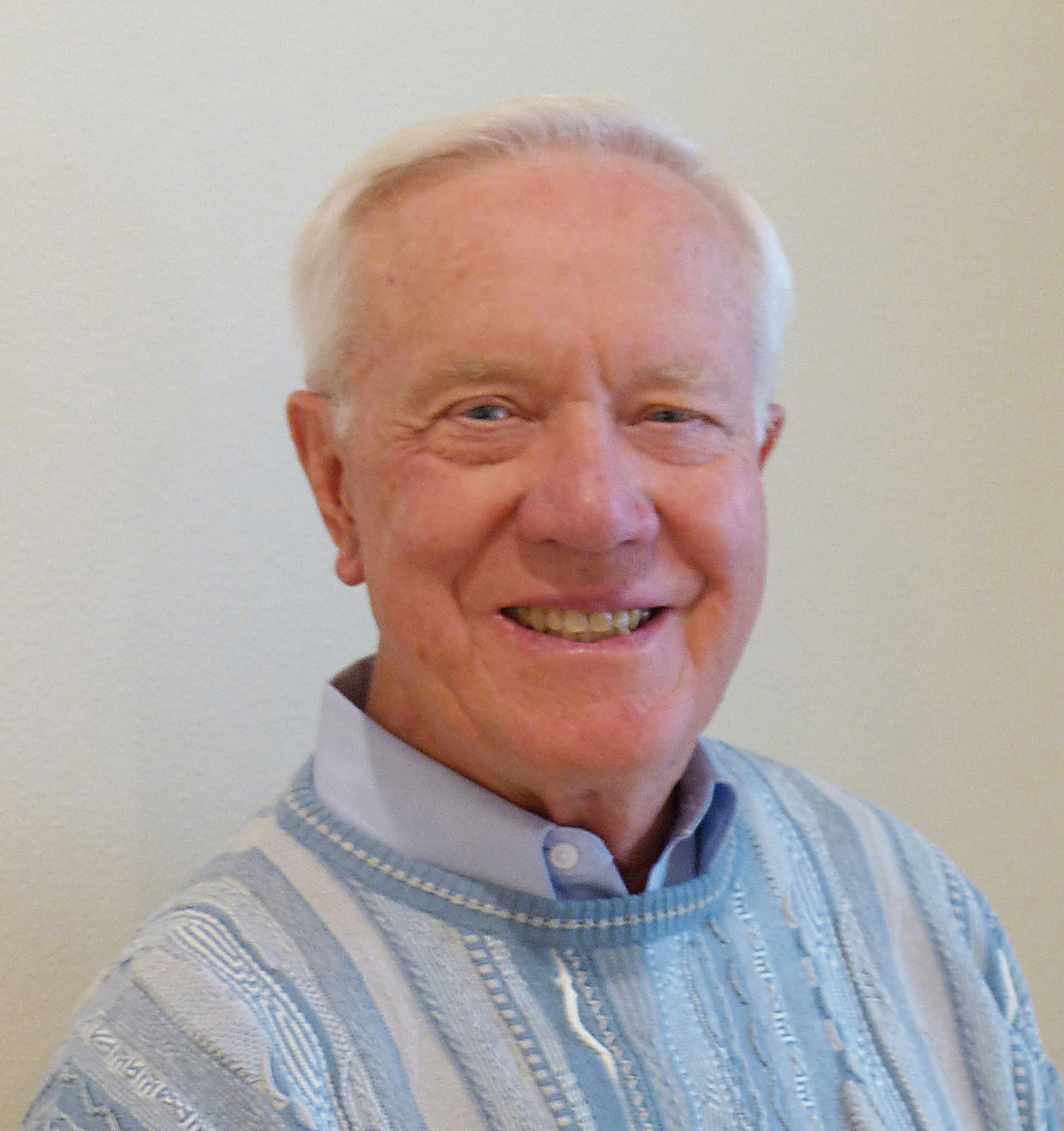 Nils J. Nilsson, Kumagai
Professor of Engineering (Emeritus) in the Department of Computer
Science at Stanford University, received his PhD degree in Electrical
Engineering from Stanford in 1958. He spent twenty-three years at the
Artificial Intelligence Center of SRI International working on
statistical and neural-network approaches to pattern recognition,
co-inventing the A* heuristic search algorithm and the STRIPS automatic
planning system, and co-directing work on the integrated mobile robot,
SHAKEY. He has published five textbooks on artificial intelligence and
other books.
Nils J. Nilsson, Kumagai
Professor of Engineering (Emeritus) in the Department of Computer
Science at Stanford University, received his PhD degree in Electrical
Engineering from Stanford in 1958. He spent twenty-three years at the
Artificial Intelligence Center of SRI International working on
statistical and neural-network approaches to pattern recognition,
co-inventing the A* heuristic search algorithm and the STRIPS automatic
planning system, and co-directing work on the integrated mobile robot,
SHAKEY. He has published five textbooks on artificial intelligence and
other books.
Professor Nilsson returned to Stanford in 1985 as the Chairman of the
Department of Computer Science, a position he held until August 1990.
Besides teaching courses on artificial intelligence and on machine
learning, he has conducted research on flexible robots that are
able to react to dynamic worlds, plan courses of action, and learn from
experience.
Professor Nilsson served on the editorial boards of the journal Artificial Intelligence and of the Journal of Artificial Intelligence Research.
He was an Area Editor for the Journal
of the Association for Computing Machinery.
He is a
past-president and Fellow of the Association for the Advancement of
Artificial Intelligence (AAAI) , a Fellow of the American Association
for the Advancement
of Science, a member of the National Academy of Engineering, and a foreign member of the Royal Swedish Academy of
Engineering Sciences. He is also a recipient of the IEEE
"Neural-Network Pioneer" award, the IJCAI "Research Excellence" award,
and the AAAI "Distinguished Service" award. He was a co-founder
of Morgan Kaufmann Publishers, Inc.
He is now retired and lives in Oregon.
Understanding Beliefs is available from MIT Press and from bookstores, such as Amazon.com. The book describes how we acquire and make use of beliefs of all kinds. Many of our beliefs should be regarded as tentative and should be subject to revision (or elimination) based on rigorous evaluation -- just like scientific theories are. The book also challenges several widely held philosophical assumptions.
The Quest for Artificial Intelligence: A History of Ideas and Achievements is available from Cambridge University Press and from bookstores, such as Amazon.com. (Click here to see a brief description and some reviewers' comments.) The book is written both for the lay reader who would like to know what this field is all about and for the researcher, student, and scholar interested in the historical antecedents of current AI systems.
A free online web version of this book is available at: http://ai.stanford.edu/~nilsson/QAI/qai.pdf. Its pagination is different than that of the print version, but the web version has the advantage that its web links are clickable.
Contact info
I have relocated to Medford, Oregon but can still be reached by email at:

As an emeritus faculty member, I am no longer accepting PhD students, research assistants, or postdoctoral researchers.
